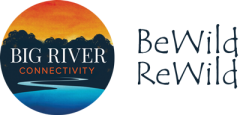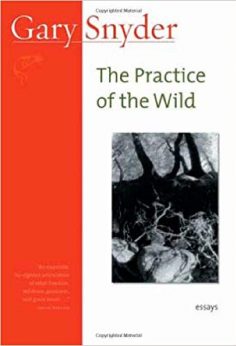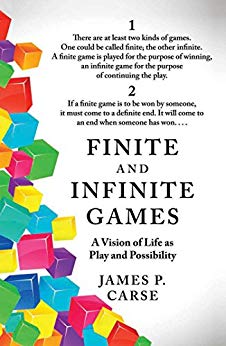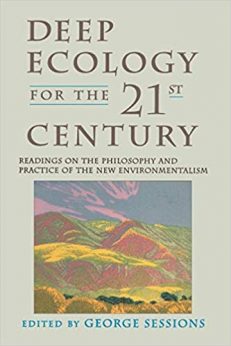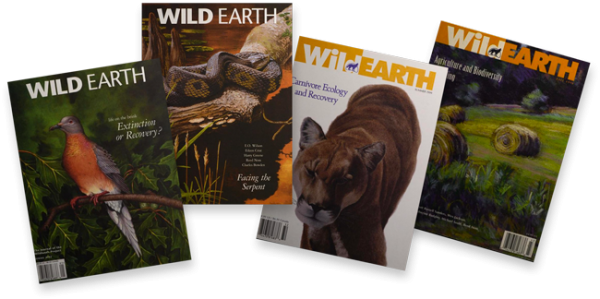Other RESOURCES
Website Links
Our Watershed
Rewilding
A beginner’s guide to Rewilding – Féidhlim Harty⟶
Episode 1 Rewilding Earth Podcast: Dave Foreman “What Is Rewilding?”⟶
Episode 55: Kurt Menke On The Importance of GIS Mapping To Successful Rewilding Projects ⟶
In this podcast, Rewilder and Global Information Systems expert Kurt Menke talks with Rewilding Earth about the use of high-technology mapping for making the best data-driven decisions about wildlife connectivity in the western U.S. His efforts echo Big River Connectivity’s efforts at mapping Iowa for the same purposes and our work with volunteers to gather data on wildlife crossings.
Rewild ⟶
What is Rewilding? ⟶
Getting everyone on board with rewilding ⟶
Rewilding Knowledge Hub Summary ⟶
City Rewilding ⟶
Rewilding News⟶
20 years on, biodiversity struggles to take root in restored wetlands across Denmark ⟶
Wildness is Beautiful
Henry David Thoreau’s Most Misunderstood Quote ⟶
The Beauty and Importance of Wild Plants and Animals ⟶
Art Inspires Nature Inspires Art ⟶
19 reasons NOT to feed or touch wild animals ⟶
When should you help a wild animal? ⟶
On the Wildness of Children ⟶
The Council of All Beings⟶
What’s Missing From The Current Discussion And Work Related To Bees That’s Preventing Us From Making Good Progress?⟶
CORES-CORRIDORS-CROSSINGS
Environment & Ecology
Baylor Study Shows Native Americans Significantly Modified American Landscape Years Prior to the Arrival of Europeans ⟶
Has the Environmental Movement Lost Its Way? Max Wilbert and the Deep Green Resistance Think So ⟶
Max Wilbert, co-author of BRIGHT GREEN LIES, shares his views about our consumptive society and the rift which exists between two types of environmentalists. The first being the “deep greens”, who want to protect the Earth by cutting back on consumption and restoring natural landscapes, and the “bright greens”, who believe that improved technology in the form of solar, wind, and battery storage are all we need to roll back climate change, all without changing our consumptive behaviours.
Deep Ecology ⟶
Environment Ecology ⟶
Global Biodiversity Loss Tied to Outsourced Deforestation: Princeton Study Reveals the Hidden Costs of Consumption
⟶
A Healthy River
Bioregionalism
Biological Diversity Benefits All Life
Soil Health
Invasive..or Not?
Domestication
Grazing herbivores can improve biodiversity, but do they need to be livestock? ⟶
Wheat has corrupted humanity ⟶
The eco-evolutionary impacts of domestication and agricultural practices on wild species ⟶
Origins of agriculture ⟶
“They caught the wild children and put them in zoos,
They made them do sums and wear sensible shoes.
They put them to bed at the wrong time of day,
And made them sit still when they wanted to play.
They scrubbed them with soap and they made them eat peas.
They made them behave and say pardon and please.
They took all their wisdom and wildness away.
That’s why there are none in the forests today.”
-Jeanne Willis from “Wild Child”
Hunting & Gathering
Pets
Pet Waste & Water Quality ⟶
Author Peter Christie on Our Love of Pets and Love of Nature ⟶
4 Reasons Why You Should NEVER Rescue Wildlife To Keep As Pets ⟶
By owning a pet, you are doing more damage to the environment than you might realise ⟶
Pet Ownership and the Ethical Perils of Domination
⟶
By owning a pet, you are doing more damage to the environment than you might realise ⟶
When Out On the Trail, Leave Your Dog Behind
⟶
Cats & Birds ⟶
"Wildness, a quality, and wilderness, a place, are not the same thing." HDT
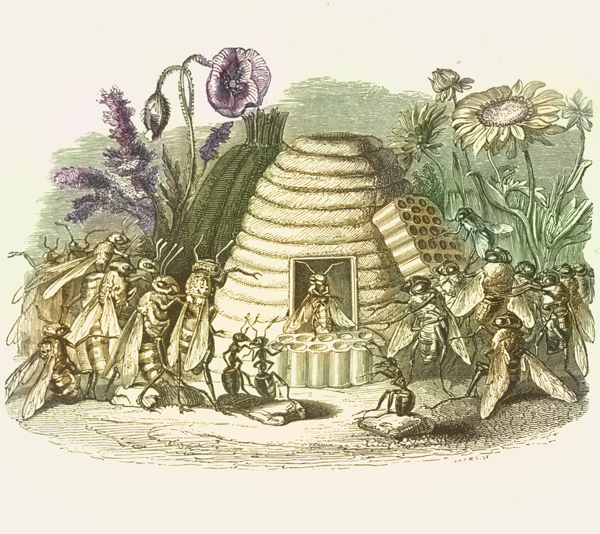
Reading List
Books We Recommend
Here are some excellent books from our mentors.
The Practice of the Wild
What do you/we mean by wild? We have come to think of wild as self-reliant, spontaneous, self-willed, self-regulating, local, authentic, and free. We believe that wildness is about trust and non-expectation of outcome…about letting go, not caring, never minding, just being…about accepting the unpredictable and the unfamiliar into our lives. At the opposite end of a continuum we find domestication, and much more exists for us to consider in between. Gary Snyder is a wonderful mentor for anyone seeking her/his own understanding/definition of wild. THE PRACTICE OF THE WILD is our go-to book on this subject.
Finite and Infinite Games
What does James Carse have to teach us about wildness? Are we playing to win or playing to play? What freedoms do humans have in relation to nature? Is nature ordered, or is it chaotic? If nature is indifferent to humans, why do we respond with confrontation and struggle? Why do we insist on reducing an unpredictable vitality into a predictable mass? Is the attempt to control nature at its heart the attempt to control other persons? Do organized athletic, artistic, and educational regimes as a means of preparing children for serious competition represent a form of exploitation which robs them of open playfulness?
Deep Ecology
What lifestyle changes are needed for us to live within the bounds of sustainability? Arne Naess laid it out beautifully many years ago, but most self-proclaimed environmentalists chose shallow ecology over Deep Ecology. That choice made us feel good but nothing much changed because of all the “green” initiatives. So let’s take a second look at Arne’s 25 tendencies and attitudes characteristic of Deep Ecology supporters. A 26th is mentioned in the second paragraph after his listings.
Wild Earth
Published quarterly by Wildlands Network (then The Wildlands Project) from 1991–2004, the award-winning Wild Earth was considered the journal of record for the American wilderness movement. Wild Earth contributors communicated conservation science to a broad audience of activists, policy makers, academics, and professional conservationists, while also providing a forum for strategic and philosophical discussion with the conservation movement.
Wilderness is finite.
Wildness is infinite.
